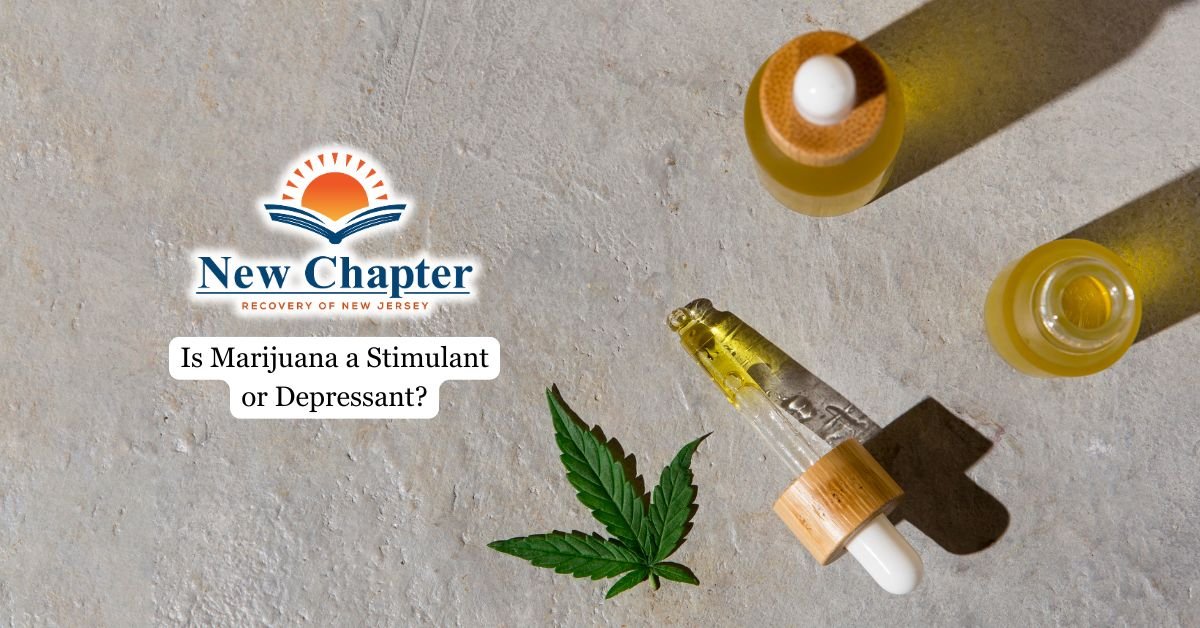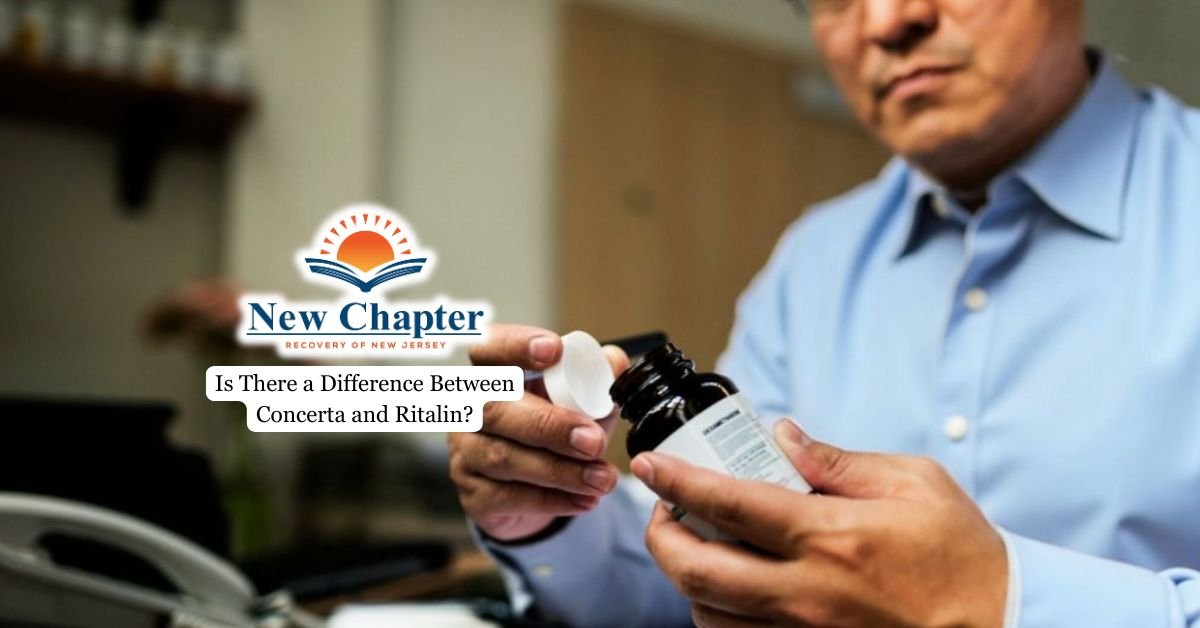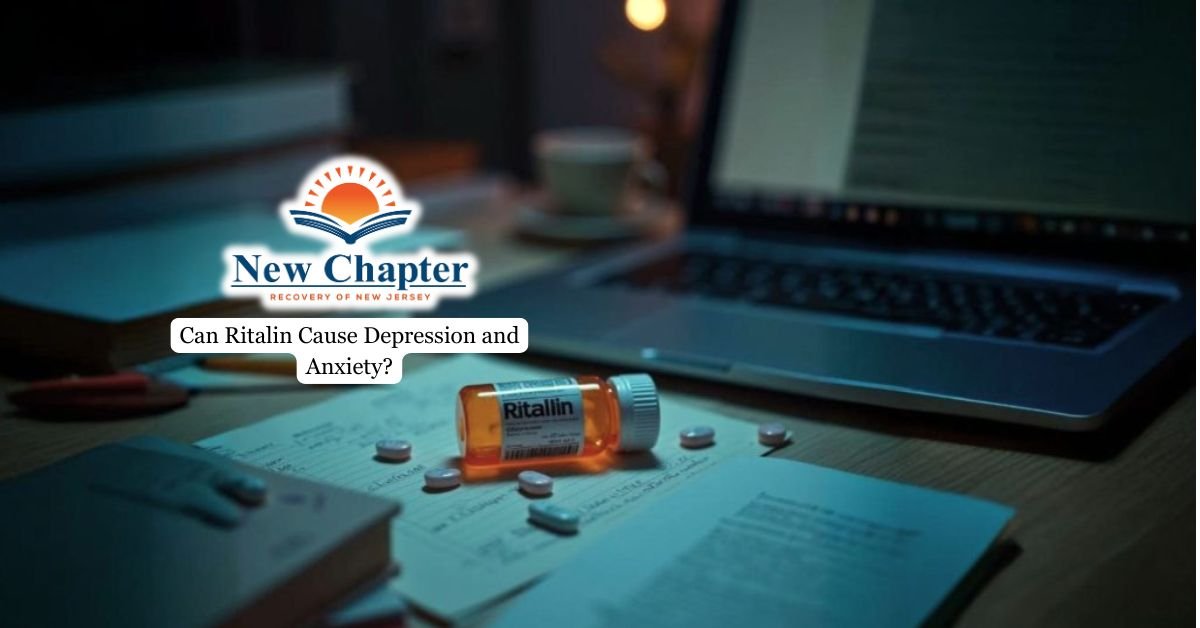Physical dependence arises when the body adjusts to the consistent presence of a substance, leading to withdrawal symptoms when use is reduced or stopped. While often linked to addiction, physical dependence differs in that it primarily involves the body’s adaptation rather than compulsive substance-seeking behavior. Recognizing this distinction is crucial in developing targeted treatment strategies that address both physical and psychological aspects of recovery.
In this article, we’ll explore the defining characteristics of physical dependence, how it differs from addiction, and its significance in the broader scope of substance use and treatment.

Definition of Physical Dependence
Physical dependence is a physiological adaptation that occurs when your body becomes accustomed to the presence of a substance, such as drugs, alcohol, or certain medications. When you consistently use a substance, your nervous system adjusts to its presence, and you may develop tolerance, requiring higher doses to achieve the desired effects.
Physical dependence is characterized by the emergence of withdrawal symptoms when you abruptly reduce or stop using the substance.
It’s important to understand that physical dependence doesn’t necessarily indicate drug addiction, as it can develop with the use of prescribed medications taken as directed. However, physical dependence often accompanies substance use disorders and can complicate the recovery process.
Our specialists at New Chapter Recovery provide addiction treatment which will help individuals address any forms of dependencies they have and find proper ways to heal through evidence-based practices.
Symptoms and Signs
When you’re physically dependent on a substance, you’ll experience withdrawal symptoms when you reduce or stop using it. These symptoms can vary depending on the substance, but common ones include increased heart rate, sweating, tremors, and in severe cases, confusion and seizures.
If you’re using opioids, you may have painful withdrawal symptoms, while abruptly stopping benzodiazepines can lead to severe complications. As your physical dependence progresses, you may find yourself needing higher doses of the substance to achieve the same effect, which is known as tolerance. This can make the withdrawal process even more challenging.
You might also experience emotional distress, neglect your self-care, and prioritize substance use over daily activities.
Healthcare and addiction professionals can guide you through the process of safely managing withdrawal symptoms and provide support for long-term recovery from physical dependence and substance use.
Read more about the nature of psychological dependence to learn what sets it apart from physical dependence and how it impacts your daily life.

Causes of Physical Dependence
Physical dependence typically develops after prolonged substance use, often requiring at least six months of continuous use for your body to adapt to the presence of the substance. The physiological changes resulting from long-term use lead to tolerance, meaning you’ll need higher doses to achieve the same effects, which can contribute to the development of dependency.
It’s crucial to be aware that substances like opioids, benzodiazepines, and alcohol are commonly associated with physical dependence when used over an extended period.
Treatment Approaches
Treatment typically involves gradually tapering the substance, allowing your body to adjust and minimize withdrawal symptoms. The duration of this process can span weeks to months, depending on factors such as the specific substance, your history of use, and co-occurring mental health disorders.
Pharmacological interventions, like methadone for opioid dependence or benzodiazepines for alcohol withdrawal, are often used to ease the withdrawal process and manage symptoms effectively. Medical supervision during the withdrawal phase is crucial to ensure your safety, as some withdrawal symptoms can be severe and may require immediate intervention.
Individualized treatment plans are essential for your recovery from substance use disorder, considering your unique circumstances. Support systems, including counseling and peer support groups, play a vital role in the recovery process, helping you manage cravings and maintain long-term sobriety.
Find out if IOP or inpatient treatment provides more suitable care for your condition.
Navigating the Challenges of Physical Dependence
Breaking free from physical dependence presents significant hurdles, including withdrawal symptoms, cravings, and emotional distress. Addressing both physical and psychological aspects is key to long-term recovery.
Cravings and mood instability can make it difficult to stay on track, as physical dependence often intertwines with emotional struggles. The stigma attached to substance use disorders may discourage individuals from seeking professional help, delaying necessary intervention.
Chronic substance use can lead to tolerance, requiring higher doses for effectiveness and complicating the withdrawal process. Effective treatment demands continuous monitoring and individualized care, which can create challenges in maintaining adherence and securing long-term recovery support.
Final Thoughts from New Chapter Recovery
At New Chapter Recovery, we recognize that conquering physical dependence is a crucial step on the path to sustained sobriety. Our comprehensive approach, which combines proven therapies with support, aims to address not only the physical aspects of addiction but also the emotional and spiritual needs of each person. By offering a caring and nurturing environment, we empower our clients to start prioritizing their health and mental well-being, which are both crucial for sustaining sobriety.
Frequently Asked Questions
Can physical dependence develop without addiction?
Yes, physical dependence can develop without addiction. This occurs when the body adapts to a substance, leading to withdrawal symptoms upon stopping, but without the compulsive drug-seeking behavior seen in addiction. Many prescription medications, such as painkillers or antidepressants, can cause physical dependence even when taken as directed.
How long does it take for physical dependence to develop?
The timeline for developing physical dependence varies depending on the substance, dosage, and frequency of use. For some drugs, like opioids or benzodiazepines, dependence can develop within a few weeks of consistent use. Others, such as caffeine or nicotine, may take longer but still lead to withdrawal symptoms upon discontinuation.
How does physical dependence impact mental health?
Physical dependence can contribute to anxiety, depression, and mood instability, especially when withdrawal symptoms occur. The stress of managing cravings and withdrawal can worsen existing mental health conditions and lead to emotional distress. Additionally, individuals may feel trapped in a cycle of substance use, further impacting self-esteem and overall well-being.
What lifestyle changes can help reduce the risk of developing physical dependence?
Maintaining a healthy lifestyle with balanced nutrition, regular exercise, and adequate sleep can help reduce the need for substances that may lead to dependence. Managing stress through mindfulness, therapy, and relaxation techniques can also prevent reliance on medications or substances for emotional relief. If prescribed medication with dependence potential, working closely with a healthcare provider to monitor use and explore alternatives can be beneficial.






